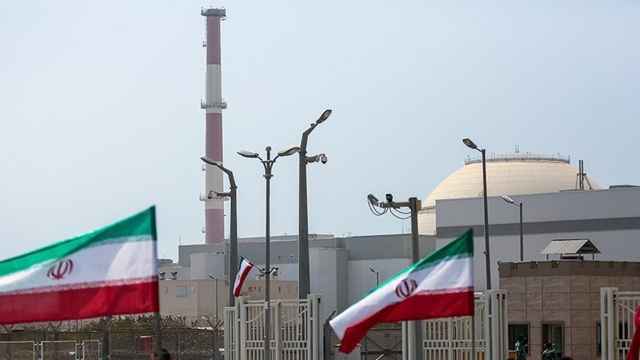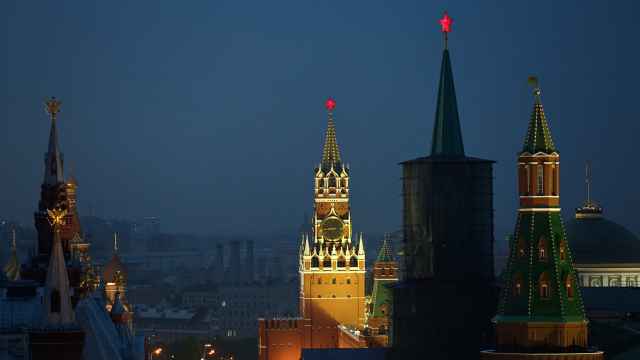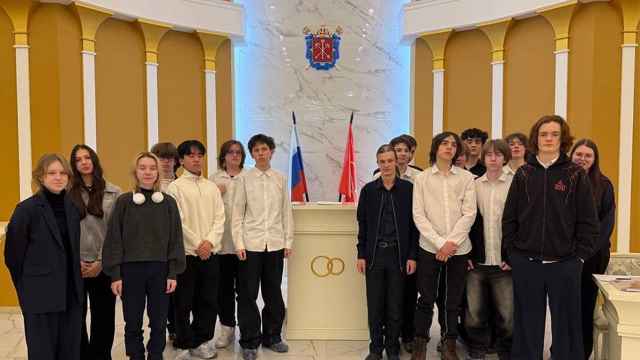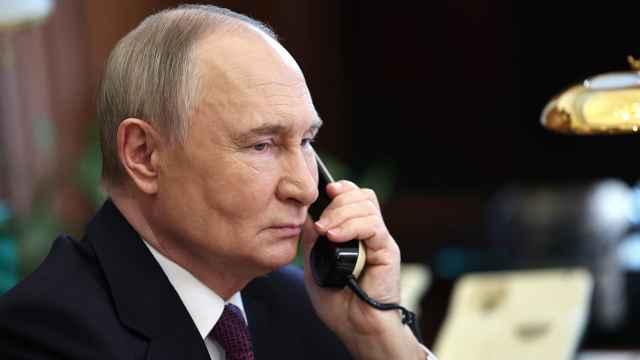VIENNA — Sweden beat Russia to win the 60th Eurovision Song Contest on Saturday, in an event described by organizers as beyond politics but marred by boos for the Russian competitor that were apparently prompted by the Ukraine conflict and the Kremlin's anti-gay policies.
Italy took third in Europe's iconic songfest, which this year carried the extra attraction of an entry by Australia. Many were hoping its candidate, Guy Sebastian, would take home the trophy, giving it a place in next year's contest. But Australia, given a wild card entry this year due to its enthusiastic fan base, came fifth, not enough to secure a spot in 2016.
The race between Russian star Polina Gagarina and Sweden's Mans Zelmerlow went back and forth for most of the balloting as jurors from 40 countries voted along a worldwide audience submitting their preference by phone and app.
Zelmerlow finally triumphed with 365 points, with Gagarina receiving 303.
Sweden's sixth Eurovision victory came 41 years after Swedish group Abba's triumph with "Waterloo" launched their world career. Only Ireland has been more successful, with seven triumphs.
In his pop number "Heroes," the Swede chose to forego the usual elaborate stage effects, relying instead on his strong singing and an innovative backdrop.
Cheers greeted his win. But the crowd's reaction to Gagarina struck a jarring note for those who believed in the contest's slogan, "Building Bridges."
Kiev did not send a candidate this year. With many in the West viewing Moscow as the aggressor in Ukraine, the Russian's song, "A Million Voices," and its message of peace and understanding raised some eyebrows during the qualifiers leading up to Saturday's final.
As scattered boos rang out after points were given to her Saturday, one of the hosts reminded the audience that "music should stand over politics tonight."
With many Russians critical of last year's winner, the bearded cross-dressing Austrian diva Conchita Wurst, some of the negative reaction may also have been directed at Russia's generally repressive official climate against homosexuality.
Wurst rejected the boos, calling them "incomprehensible," and noted that Gagarina "cannot be blamed for the rules" in her home country.
Promoting homosexuality is against the law in Russia. Many there view Wurst as a threat to traditional family values, and a win by Gagarina would have brought the event to Moscow, a scenario viewed with alarm by the Orthodox Church.
Patriarch Kirill, in comments to Russian news agencies, warned ahead of the event of "all those bearded female singers," declaring that acts such as Wurst's promote values "repulsive to our soul and culture."
The Austrian star took such comments in stride Saturday, saying, "I would have come" had Russia won.
About 200 million people watched on television on Saturday as the 27 finalists, the most ever, battled it out musically. Approximately 10,000 people followed the contest live in Vienna's mammoth Stadthalle, with 25,000 others crowding the main public viewing venue in front of Vienna's City Hall.
Beyond Abba, other Eurovision winners who went on to pop fame are Celine Dion and Johnny Logan, who triumphed three times as a performer and songwriter.
The hosts of Saturday's spectacle announced that the event had been officially inducted into the Guinness Book of Records as the longest-running annual television music competition.
A Message from The Moscow Times:
Dear readers,
We are facing unprecedented challenges. Russia's Prosecutor General's Office has designated The Moscow Times as an "undesirable" organization, criminalizing our work and putting our staff at risk of prosecution. This follows our earlier unjust labeling as a "foreign agent."
These actions are direct attempts to silence independent journalism in Russia. The authorities claim our work "discredits the decisions of the Russian leadership." We see things differently: we strive to provide accurate, unbiased reporting on Russia.
We, the journalists of The Moscow Times, refuse to be silenced. But to continue our work, we need your help.
Your support, no matter how small, makes a world of difference. If you can, please support us monthly starting from just $2. It's quick to set up, and every contribution makes a significant impact.
By supporting The Moscow Times, you're defending open, independent journalism in the face of repression. Thank you for standing with us.
Remind me later.





